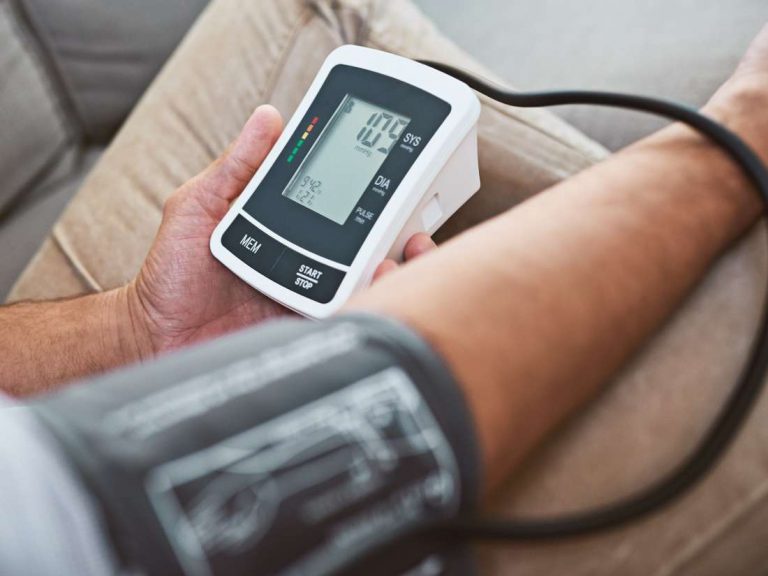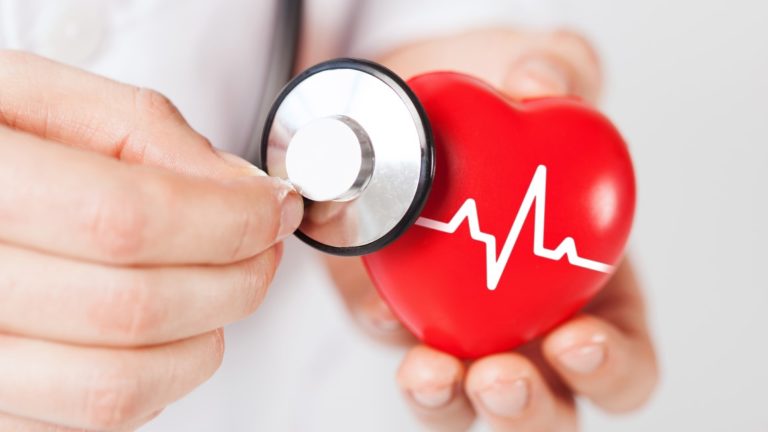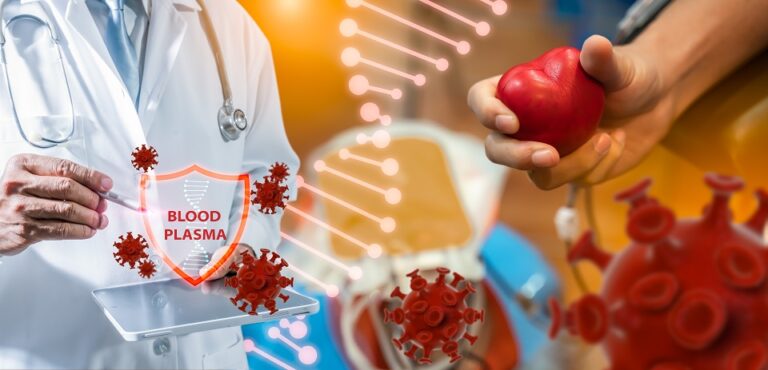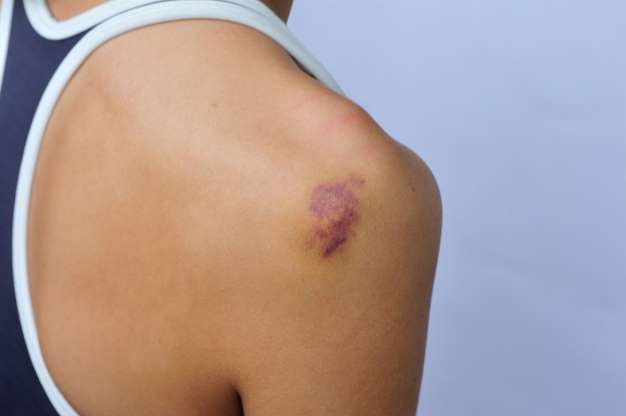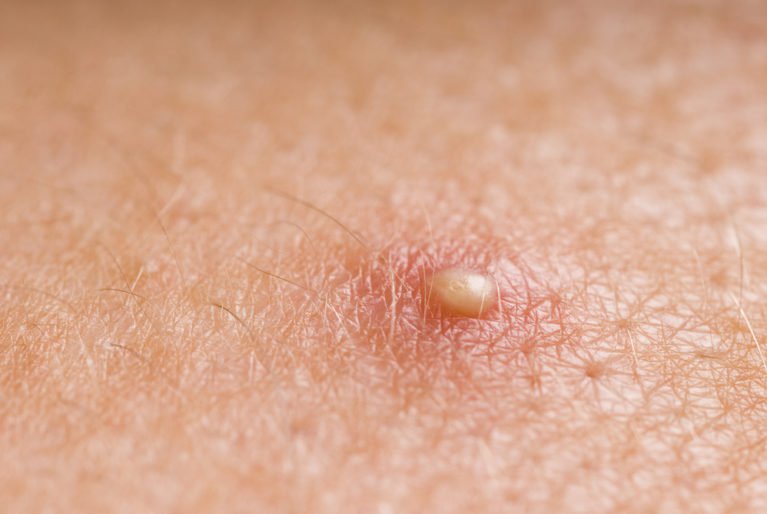
You’re breaking out like crazy
Adult acne is very common, but when it’s a fairly new development, pay attention. Skin changes like acne can be a sign of polycystic ovary syndrome (PCOS), a hormonal imbalance that affects 10 million women worldwide. When a woman’s body makes excess “male” hormones called androgens, it’s often accompanied by an increase in acne.
Your doctor may suspect PCOS if you have acne along with irregular periods or acne that flares up just before your period, says Dr. Reynolds.










